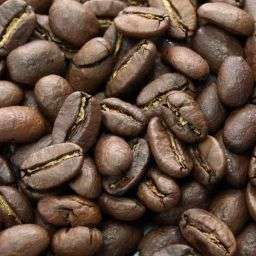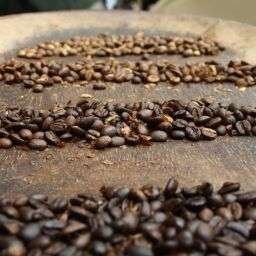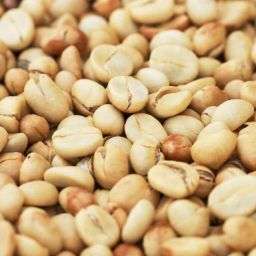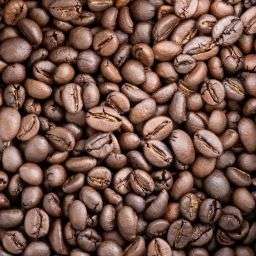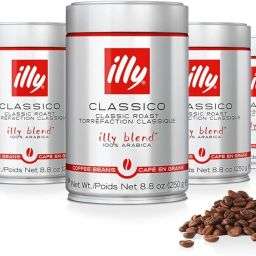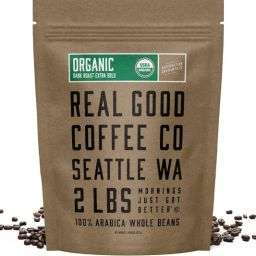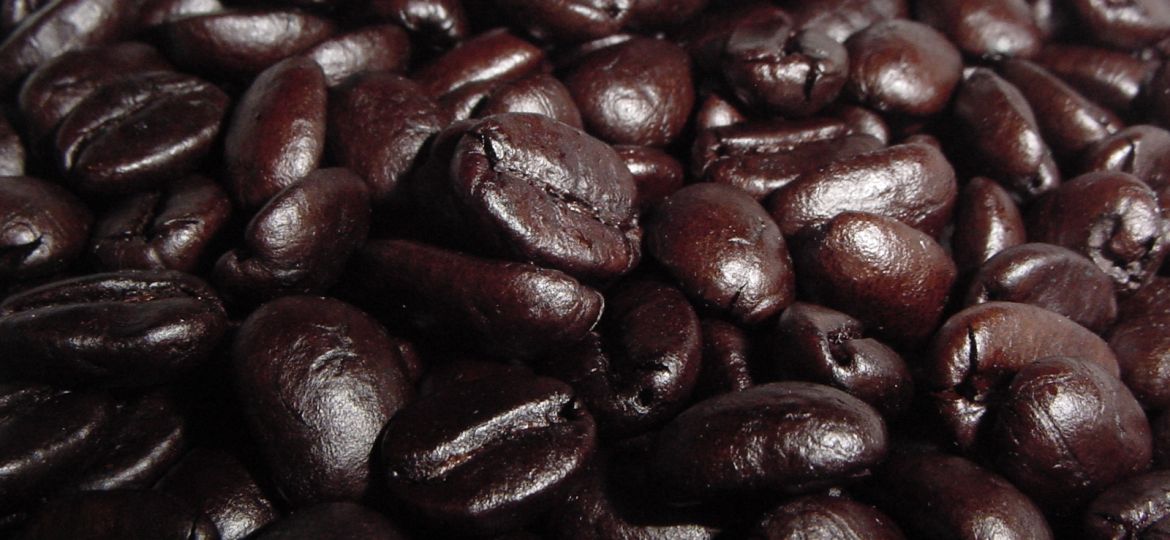
Monkey Poop Coffee Beans have piqued global curiosity, not just for their peculiar name but for the unique and meticulous process behind their creation. This coffee, known for its exceptional taste and rarity, undergoes a fascinating journey from the ingestion by specific animals to the final collection.
The intrigue surrounding these beans stems from their unconventional production method, where animals like civets (for Kopi Luwak) or monkeys (for Monkey Coffee) play a crucial role in the coffee’s flavor development. This article delves into the world of Monkey Poop Coffee Beans, shedding light on their origin, process, and the debates surrounding their production.
What Are Monkey Poop Coffee Beans?
Monkey Poop Coffee Beans, notably Kopi Luwak and Monkey Coffee, are harvested from the feces of civets and monkeys, respectively. The process begins when these animals consume ripe coffee cherries. In their digestive tracts, the cherries undergo fermentation, where enzymes alter the beans’ structure, reducing bitterness and enhancing flavor.
The beans are then excreted, collected, cleaned, and roasted to produce coffee. Kopi Luwak primarily involves civets, prevalent in Southeast Asia, while Monkey Coffee is associated with rhesus monkeys in India. The meticulous and labor-intensive collection process contributes to the coffee’s scarcity and high cost.
Key Takeaways
- Rarity and High Cost: The unique production method, involving wild animals and labor-intensive collection processes, makes Monkey Poop Coffee Beans rare and expensive.
- Ethical Concerns and Animal Welfare: The demand for these coffees has raised significant ethical concerns, particularly regarding the treatment of civets and monkeys used in the production process.
- Health Benefits and Risks: While some claim health benefits due to the unique fermentation process, concerns about safety and hygiene also surface.
- Taste Profile: The coffee is renowned for its smooth, less acidic taste with notes ranging from citrus and chocolate to vanilla and nuts.
- Alternatives and Imitations: Due to ethical, environmental, and cost concerns, there are efforts to replicate the coffee’s unique taste through artificial fermentation processes.
This introduction serves as a gateway into the intricate world of Monkey Poop Coffee Beans, offering insight into their allure, controversies, and the complexities of their production.
The Process Behind Monkey Poop Coffee Beans
The unique appeal of Monkey Poop Coffee Beans lies in their unconventional fermentation process, which occurs within the digestive systems of animals such as civets and monkeys. This natural process begins when these animals consume ripe coffee cherries, selecting only the best and most flavorful fruits.
Inside the animal’s digestive tract, the beans undergo a fermentation phase, where digestive enzymes break down the proteins within the beans. This enzymatic reaction is key to altering the flavor profile of the coffee, making the beans less bitter and enhancing their intrinsic flavors.
The distinction between authentic and imitation processes is crucial. Authentic Monkey Poop Coffee, such as Kopi Luwak or Monkey Coffee, relies on wild animals consuming and digesting the cherries.
However, due to ethical concerns and the high demand for this unique coffee, imitation processes have been developed. These processes aim to replicate the enzymatic digestion effect without involving animals, using methods like synthetic fermentation to mimic the flavor profile of the coffee.
The Taste of Monkey Poop Coffee
Monkey Poop Coffee is celebrated for its distinctive taste profile, which is markedly different from conventional coffees. Descriptions of its flavor note a remarkable smoothness, with a reduced acidity that makes the coffee easier on the palate.
The beans often carry hints of chocolate, citrus, and vanilla, contributing to a complex and rich taste experience. The underlying sweetness and full-bodied texture further set this coffee apart, offering a luxurious drinking experience.
When it comes to brewing Monkey Poop Coffee, the goal is to preserve and accentuate its unique flavors. Traditional fast brewing methods like espresso might not be ideal, as they can miss the subtleties of the coffee’s taste. Instead, pour-over methods are recommended, allowing for a more gradual extraction that highlights the coffee’s depth of flavor.
This gentle brewing technique ensures that the nuanced characteristics of the beans are fully appreciated, providing coffee aficionados with an unparalleled tasting experience.
Health and Safety Considerations
Concerns regarding the cleanliness and safety of Monkey Poop Coffee Beans post-processing are often addressed through rigorous washing and roasting procedures. The beans are thoroughly cleaned after collection to remove any contaminants. Subsequently, the roasting process, involving high temperatures, ensures the elimination of bacteria, making the coffee safe for consumption.
Some proponents of Monkey Poop Coffee argue that the unique fermentation process inside the animals may impart health benefits not found in regular coffee, such as reduced bitterness and possibly lower acidity, which could be gentler on the digestive system.
Ethical and Environmental Concerns
The production of Monkey Poop Coffee has raised significant ethical and environmental concerns, particularly regarding the welfare of civets and monkeys involved in the process. The demand for this exotic coffee has led to instances of animal captivity and exploitation, raising questions about the sustainability and morality of such practices.
In response, some producers have adopted sustainable and ethical sourcing practices, ensuring that the coffee is collected from wild animals without harm or stress, thereby attempting to mitigate negative impacts on animal welfare and conservation efforts.
FAQs
How much does Monkey Poop Coffee cost? Monkey Poop Coffee is among the most expensive coffees in the world, with prices ranging significantly based on authenticity and sourcing. Genuine Kopi Luwak and Monkey Coffee can cost hundreds of dollars per pound.
Is Monkey Poop Coffee difficult to find? Yes, due to its unique production method and ethical sourcing considerations, genuine Monkey Poop Coffee is rare and can be challenging to find.
How does Monkey Poop Coffee compare to other exotic coffees? Monkey Poop Coffee is unique due to its fermentation process. However, other exotic coffees may offer different unique flavors without involving animal processes.
How can I identify genuine Monkey Poop Coffee? Look for certifications and purchase from reputable sources. Genuine products often provide detailed information about the sourcing and processing of the coffee.
Final Thoughts
The complexities surrounding Monkey Poop Coffee Beans encompass a range of ethical, environmental, and taste considerations. While this coffee offers a unique flavor profile appreciated by connoisseurs, it also invites scrutiny regarding animal welfare and sustainable practices.
Consumers are encouraged to make informed choices, considering both the ethical implications and their own palate preferences when exploring the world of exotic coffees.


